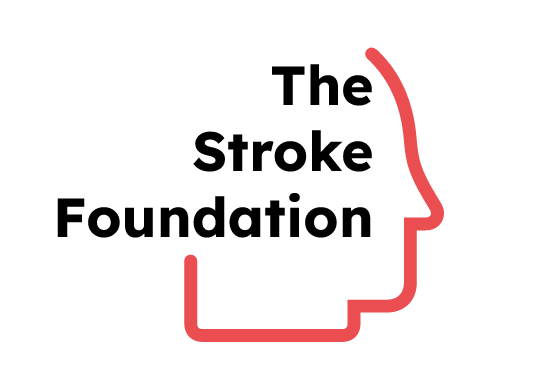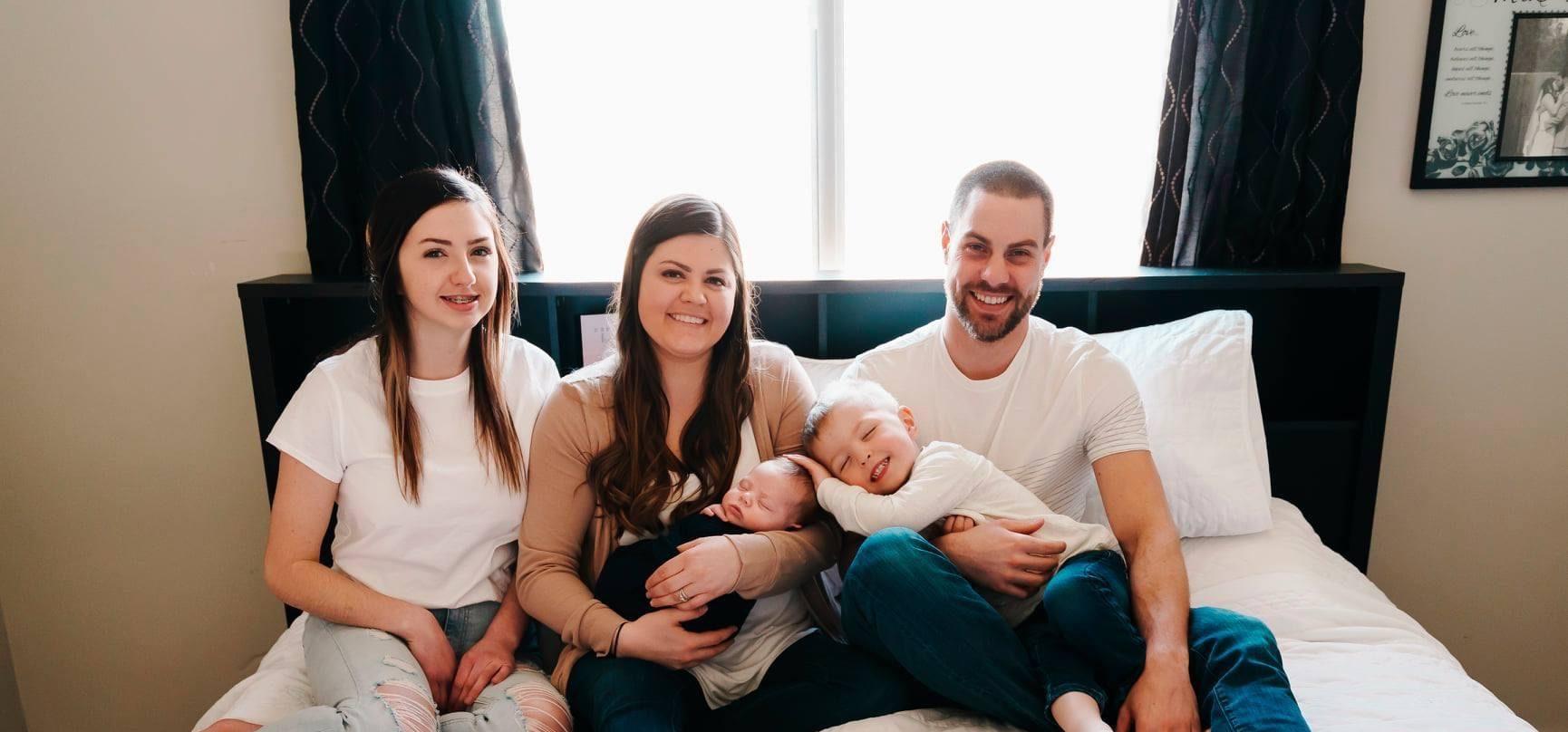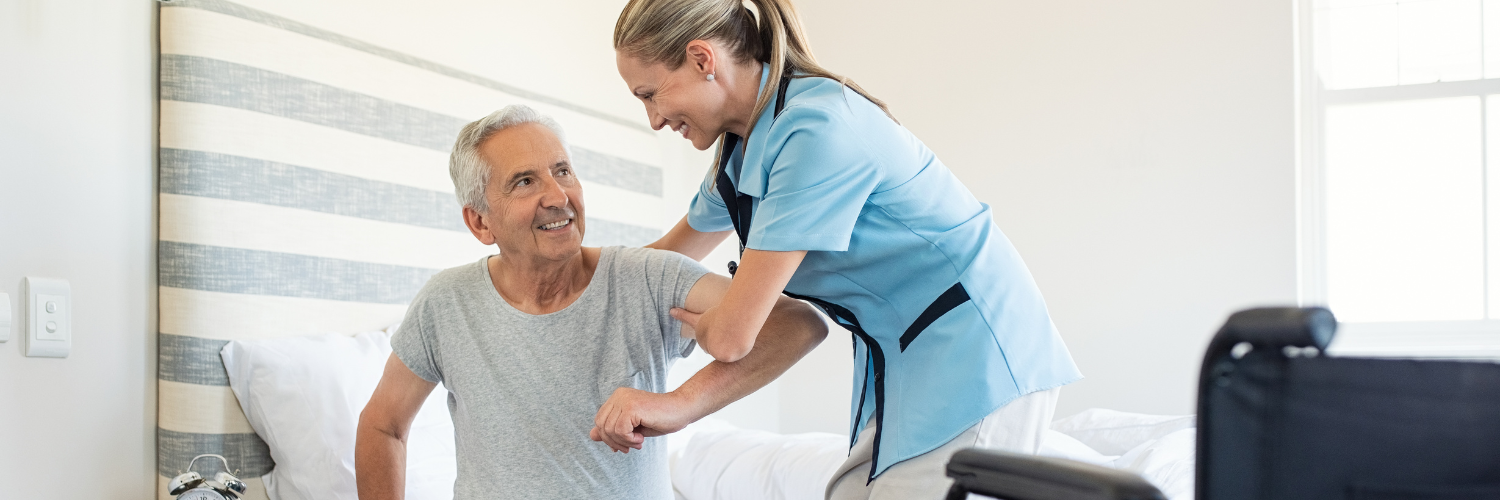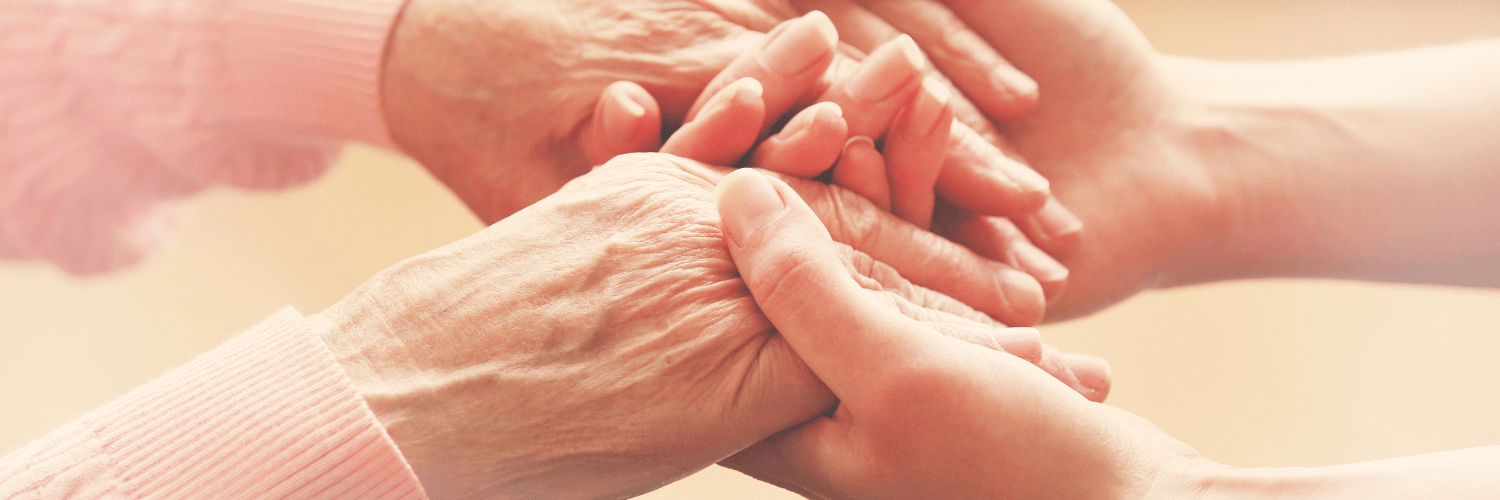Focus on What You Can Control
Uncertainty often feeds fear. The antidote is refocusing on the things within your control.
If you find yourself overwhelmed by "what ifs," try reframing them into actionable steps:
“I’m afraid I’ll have another stroke.”
➤ Ask yourself: Am I taking my medication as prescribed? Have I discussed secondary stroke prevention with my doctor?
➤ Reflect on: I’m doing what I can to take care of my health. I survived—and that means there’s a path forward.
“I’ve been in recovery for years and I’m losing hope.”
➤ Ask yourself: Have I talked to my care team about my goals? Are there new therapies or tools I haven’t explored?
➤ Reflect on: Progress isn’t always linear. Look back to where you were in the early days—you’ve come farther than you think.
Remember: You don’t have to have all the answers. But you do have tools. You have a medical team. You have your community. And you have yourself.
Let Yourself Feel
Uncertainty often brings up big emotions—fear, sadness, anger, frustration. And that’s OK.
Give yourself permission to feel your feelings. Instead of pushing them down, try this:
- Set a timer for 60 seconds and let yourself fully feel the emotion.
- When the time is up, ask: What brought this on? What do I need right now?
- Write down your thoughts in a journal or notes app.
Practicing this kind of emotional awareness can help reduce stress and prevent your feelings from becoming overwhelming. Over time, you may start to notice patterns—and learn how to respond with more compassion toward yourself.
Break the Day Into Small Wins
When the future feels uncertain, bring your attention to the here and now. Try breaking your day into manageable pieces, and celebrate small victories.
- Did you take your medication? That’s a win.
- Did you stretch or move your body for a few minutes? That’s a win.
- Did you feel down but still showed up for yourself or a loved one? That’s a huge win.
Even short bursts of activity can help calm an anxious brain. Go outside for five minutes. Listen to music that lifts your mood. Do a puzzle. Organize a drawer. These acts may seem small—but they build resilience, focus, and momentum.
Ask for Help—And Accept It
Living with uncertainty is easier when you don’t do it alone. That’s why it’s so important to lean on your support system.
- Tell a friend: “I’m having a hard time with not knowing what’s next.”
- Ask your doctor: “What do you see when you look at my recovery?”
- Join a stroke survivor group or online community where others understand exactly what you’re going through.
If you’re a caregiver, check in with yourself too. Coping with uncertainty applies to you as much as it does to the survivor in your life. You deserve support as well.
Redefine Progress
Recovery isn’t just measured by walking or talking again. Sometimes, progress looks like acceptance. Or self-compassion. Or adapting to a new way of doing things.
Uncertainty teaches us to be flexible, to reimagine success, and to find meaning in the present—even when the future feels unclear.
Instead of asking, “When will I be back to normal?”, consider asking:
- What new strengths am I building right now?
- What small thing today brought me peace, pride, or purpose?
- Who do I have in my corner that I didn’t before?
Your story is still unfolding. And every step forward—no matter how small—is worth celebrating.
Final Thoughts
We all face uncertainty in life. But after a stroke, the unknowns can feel louder and heavier. You are not alone. Many survivors and caregivers are walking a similar path.
The ability to cope with uncertainty isn’t something you’re born with—it’s something you build. And you’ve already started.
Take it one day at a time. And when that feels too hard, take it one breath at a time.

%20(1).png)
%20(2)%20(1).png)



